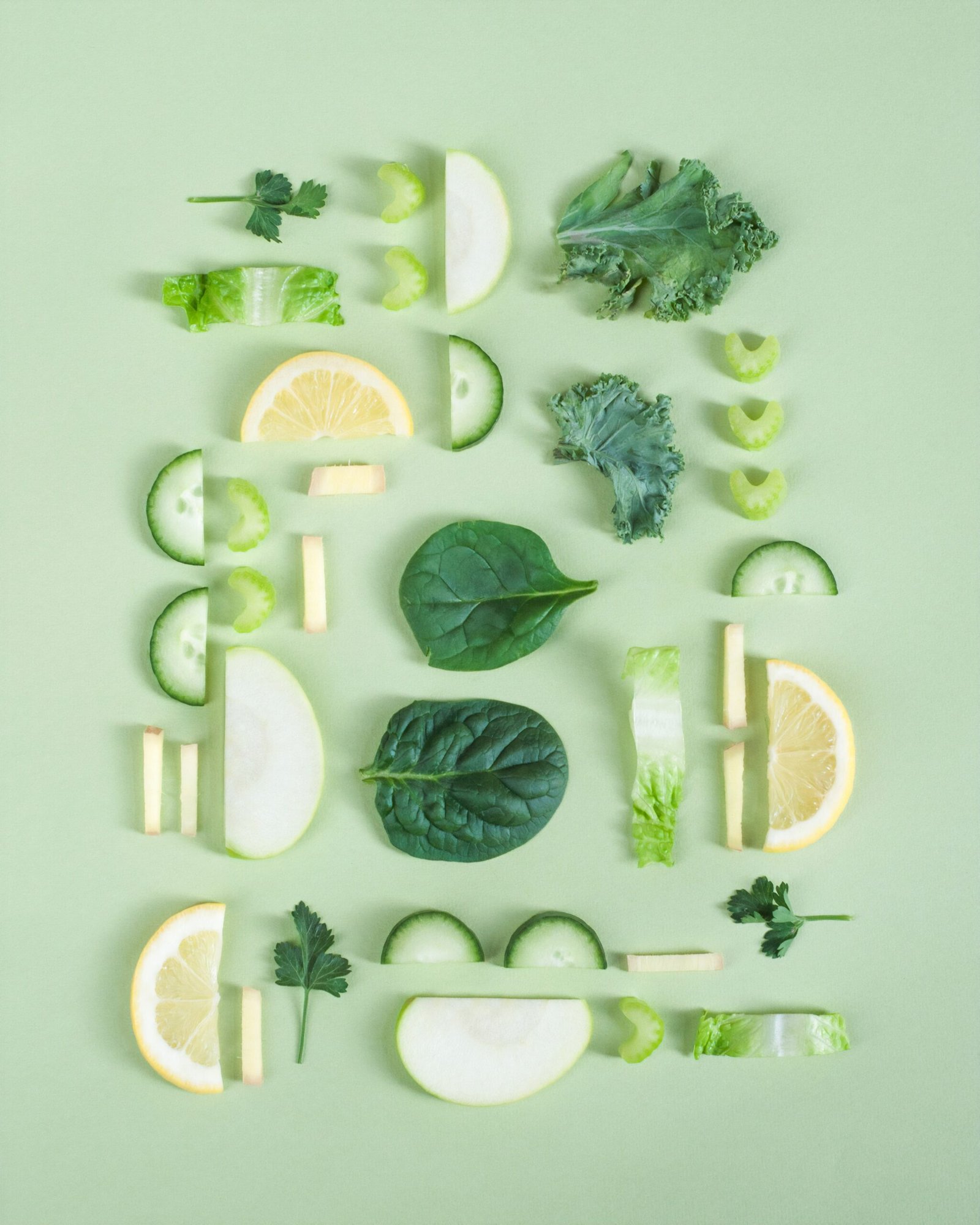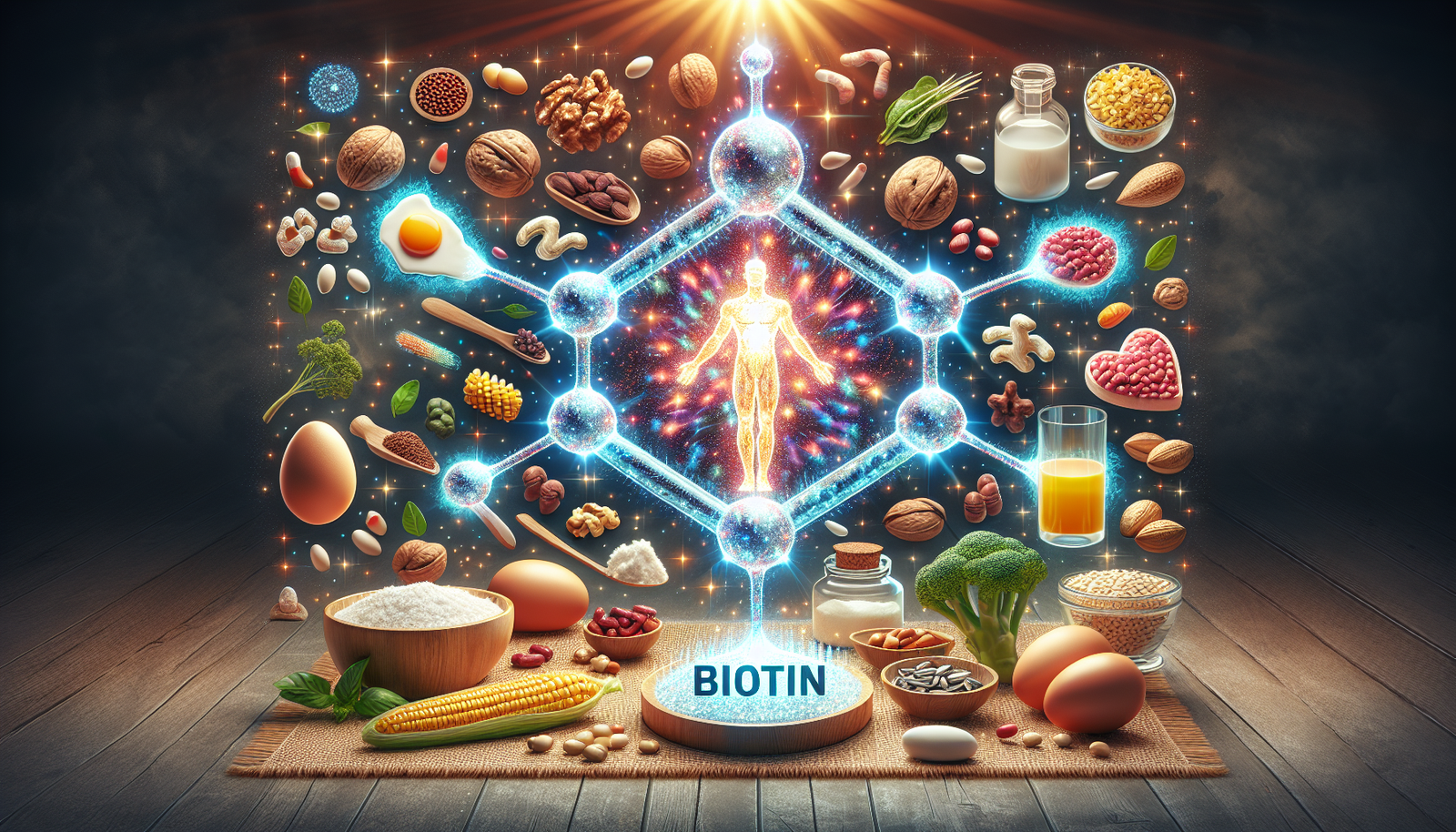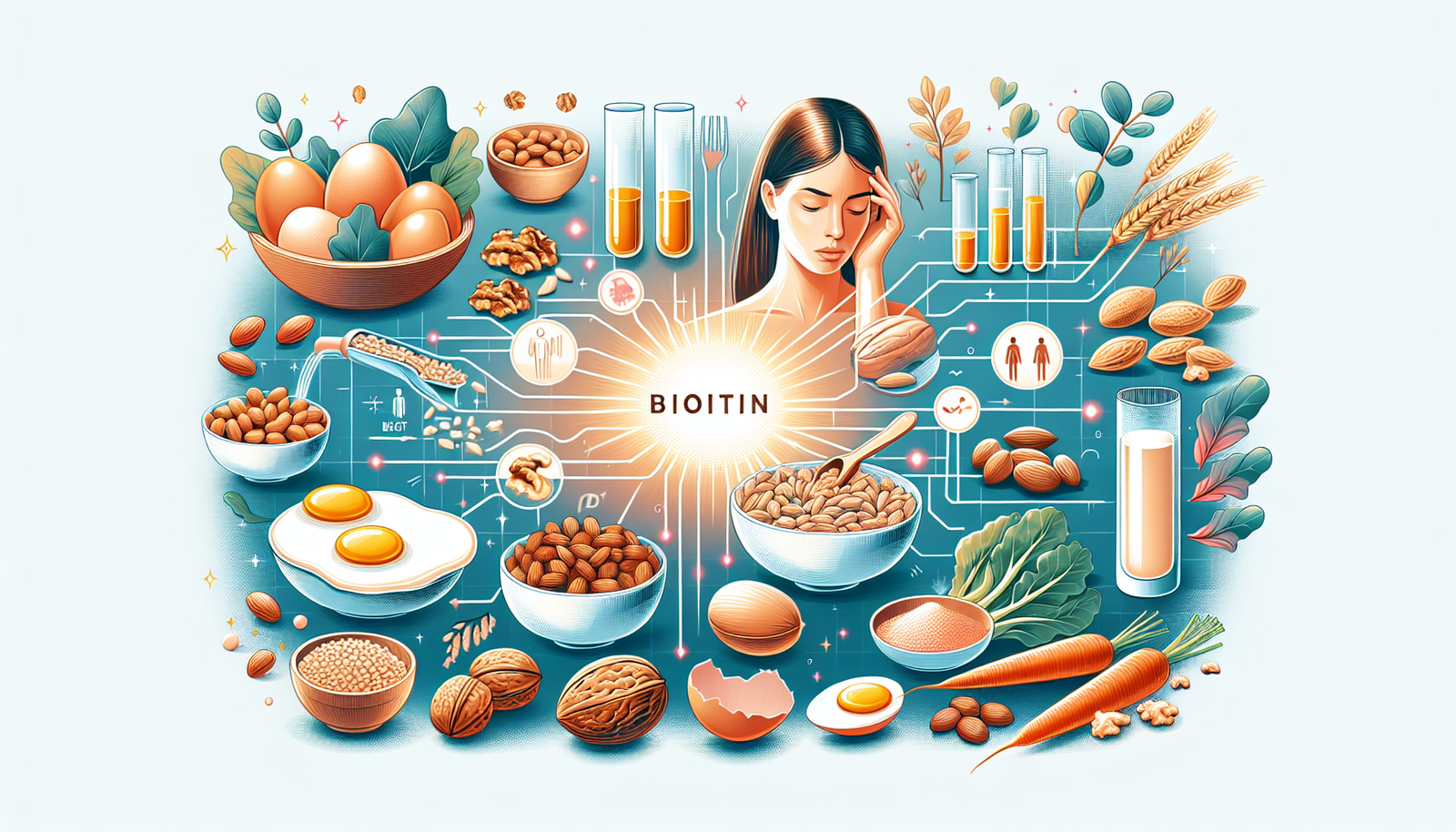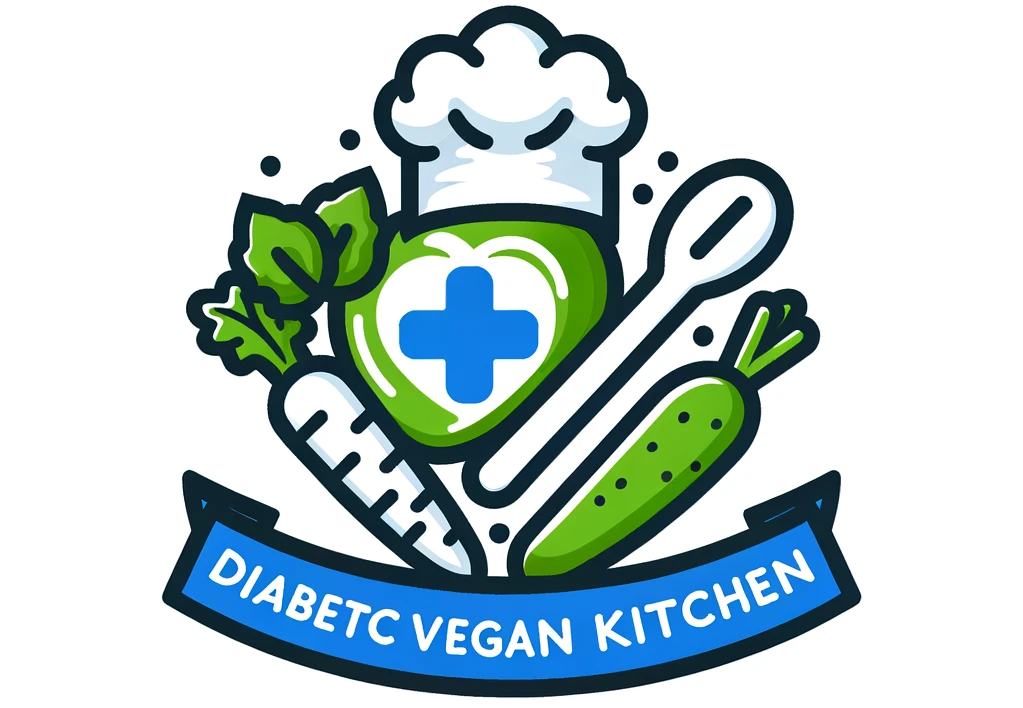Discover the fascinating world of biotin and its impact on your health. This comprehensive article explores a range of topics, from the symptoms of biotin deficiency to vegan sources of this essential nutrient. Dive into the wonders of biotin as we discuss its role in the body and its potential effects on sleep, hair growth, and more. Discover the truth about biotin supplements and their potential side effects. Whether you’re curious about its impact on weight loss or want to learn the best time to take biotin supplements, we’ve got you covered. Get ready to unlock the secrets of biotin and its profound influence on your overall well-being.

Introduction
Welcome to our comprehensive guide on how biotin affects your health. Biotin, also known as vitamin B7, is an essential nutrient that plays a vital role in our bodies. In this article, we will cover everything you need to know about biotin, from its importance for various bodily functions to its potential impact on different aspects of your health. Whether you’re interested in understanding biotin deficiency symptoms, vegan sources of biotin, or the effects of biotin on hair growth and weight loss, we’ve got you covered. So let’s dive in and explore the fascinating world of biotin together!
Section 1: Understanding Biotin
Biotin is a water-soluble vitamin that serves as a coenzyme in many metabolic processes in the body. Its primary role is to help convert carbohydrates, fats, and proteins into energy. Biotin also plays a crucial role in maintaining the health of our skin, hair, and nails. Additionally, it supports the proper functioning of our nervous system and helps in the production of certain hormones that regulate our metabolism. In short, biotin is an essential nutrient that keeps our bodies running smoothly and ensures optimal overall health.
Section 2: Symptoms of Biotin Deficiency
When the body doesn’t get enough biotin, it can lead to various symptoms of deficiency. Common signs of biotin deficiency include thinning hair, brittle nails, dry skin, fatigue, and muscle pain. In more severe cases, individuals may experience neurological symptoms such as depression, hallucinations, and numbness or tingling in the extremities.
One of the most frequently asked questions regarding biotin deficiency is whether the hair will grow back after addressing the deficiency. The good news is that with proper biotin supplementation or dietary adjustments, hair growth can be stimulated, and the health of the hair can be restored over time.
Section 3: Vegan Sources of Biotin
For vegans, obtaining an adequate amount of biotin can be achieved through various plant-based food sources. Some examples of foods rich in biotin include avocado, which is not only a tasty fruit but also contains a significant amount of biotin. Other vegan-friendly options with high biotin content include blueberries, bananas, whole grains, legumes, and nuts such as almonds and peanuts. Incorporating these foods into your diet can help ensure you are getting enough biotin without the need for supplements.
Many readers wonder about the biotin content of avocados. Rest assured, avocados are indeed high in biotin, making them an excellent addition to a vegan diet for those looking to boost their biotin intake.

Section 4: Biotin Supplements for Vegans
While obtaining biotin from plant-based sources is possible, some vegans may still wonder if they need biotin supplements. In most cases, a well-balanced vegan diet should provide sufficient biotin. However, if you have concerns about your biotin levels, it is always a good idea to consult with a healthcare professional who can assess your individual needs and guide you accordingly.
It’s worth noting that there is currently no natural plant-based form of biotin available. Biotin is typically derived from animal sources, and even biotin supplements marketed as vegan are synthesized in a lab using non-animal sources.
Section 5: Biotin and Health Effects
Biotin can have potential impacts on various aspects of our health. It is believed to play a role in promoting healthy sleep patterns, as it is involved in the production of certain neurotransmitters that regulate sleep-wake cycles. Additionally, biotin is thought to contribute to the maintenance of healthy hair, preventing hair thinning and supporting overall hair health. However, it’s important to note that the effectiveness of biotin for these specific health effects may vary from person to person.
While biotin is generally well-tolerated, there have been some concerns regarding its potential effects on the liver. The question of whether biotin can cause fatty liver has been raised. However, current evidence suggests that biotin supplementation is unlikely to cause fatty liver disease. Similarly, there is no substantial evidence linking biotin to an increase in blood pressure or other cardiovascular issues.

Section 6: Biotin and Side Effects
In general, biotin supplementation is considered safe. However, some potential side effects may occur, although they are rare. These side effects include digestive issues such as nausea, cramping, and diarrhea. It’s important to note that these side effects are usually mild and temporary, resolving on their own.
If you are currently taking any medications, it is essential to be aware of potential interactions with biotin. Certain medications, such as anticonvulsants and antibiotics, may interfere with biotin absorption or metabolism. It’s always a good idea to consult with your healthcare provider before starting any new supplements to ensure they are safe for you to take.
Section 7: Biotin and Hair Growth
One of the most well-known benefits associated with biotin is its potential for promoting hair growth. While biotin supplementation has been widely marketed for this purpose, the evidence regarding its effectiveness is mixed. Some individuals may experience improved hair growth and strength with biotin supplementation, while others may not see significant changes. It’s important to remember that hair growth is a complex process influenced by various factors, and biotin is just one of many nutrients that contribute to healthy hair.
When it comes to collagen versus biotin for thinning hair, both can be beneficial. Collagen is a protein that provides structure to our hair, skin, and nails. It aids in strengthening the hair shaft and promoting hair growth. Biotin, on the other hand, supports the health of the hair follicles and improves the keratin infrastructure. Therefore, a combination of both biotin and collagen may be beneficial for individuals experiencing hair thinning.
If you’re wondering what works better than biotin for hair growth, it’s important to remember that everyone’s hair is different. What works for one person may not work for another. It’s best to explore different options and consult with a healthcare professional or dermatologist to determine the best approach for your specific needs.

Section 8: Taking Biotin: Timing and Results
When it comes to taking biotin supplements, there isn’t a specific time of day that is considered optimal. The timing of biotin supplementation is not as crucial as consistency. The most important factor is to take the supplement consistently as instructed to ensure a steady supply of biotin in your system.
As for results, it’s essential to have realistic expectations. Biotin supplementation is not a quick fix, and it may take several months before you start noticing any significant changes. Patience is key when it comes to any dietary supplements, as individual response times can vary.
Section 9: Biotin and Weight Loss
Although biotin is often associated with hair and nail health, there is limited scientific evidence regarding its direct impact on weight loss. Biotin does play a role in supporting a healthy metabolism, which is important for weight management. However, it is not a magic pill for shedding pounds. A balanced diet, regular physical activity, and overall healthy lifestyle choices remain the cornerstones of weight loss.

Conclusion
In conclusion, biotin is a vital nutrient that plays a crucial role in our overall health. It is involved in various bodily functions, ranging from energy metabolism to the health of our hair, skin, and nails. While obtaining biotin from plant-based sources is possible, vegans may opt for supplements in certain cases. It’s important to be aware of potential side effects and medication interactions associated with biotin supplementation.
While biotin has been promoted for its potential hair growth benefits, its effectiveness may vary from person to person. Exploring different options and consulting with healthcare professionals can help determine the best approach for improving hair health.
Remember, biotin is just one piece of the puzzle when it comes to maintaining optimal health. A well-balanced diet, regular exercise, and consulting with healthcare professionals should always be prioritized. If you have any concerns or are considering biotin supplements, it’s important to consult with a healthcare professional who can provide personalized guidance.
Thank you for joining us on this journey to understand how biotin affects our health. We hope this guide has provided you with valuable insights. For more informative articles on health and wellness, feel free to explore our blog. Stay healthy, and take care!


